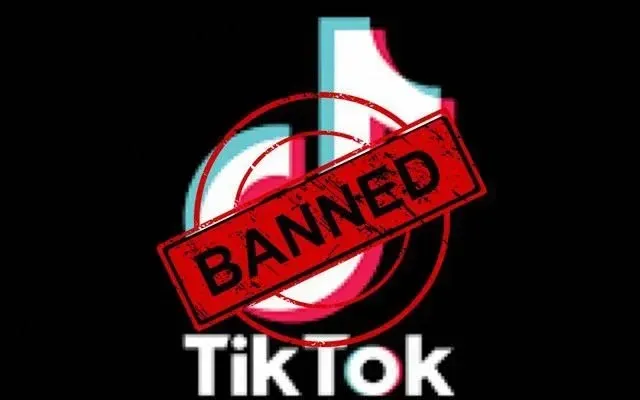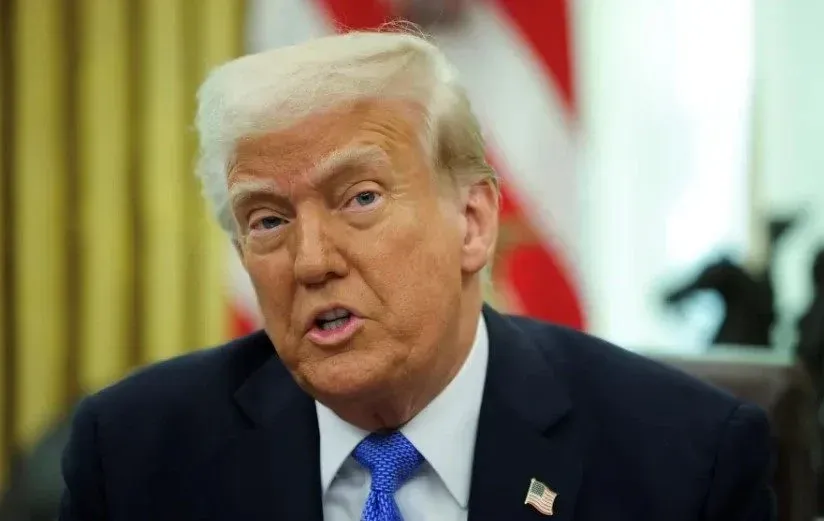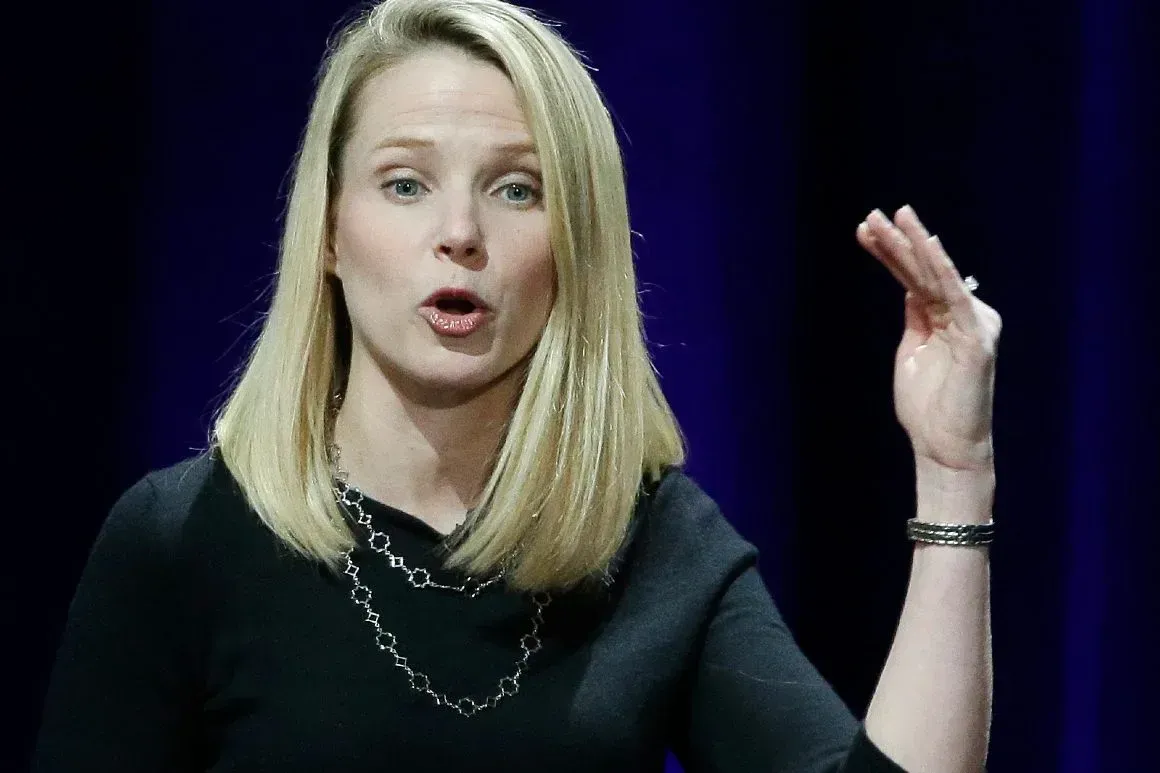Trump hints at tariff cuts for the TikTok sale, adding a twist to the US-China trade saga. Will Beijing play ball? Dive into the high-stakes deal.
The digital landscape just got a whole lot more complex. Imagine a high-stakes poker game where the chips aren’t just dollars but the future of a social media giant and the delicate balance of global trade. President Trump, in a move that’s both surprising and calculated, has thrown a curveball into the ongoing saga of the TikTok sale. He’s suggested a potential cut in tariffs on Chinese goods, a bargaining chip to grease the wheels of a deal that could see the wildly popular app land in non-Chinese hands. But is this a masterstroke or a risky gamble that could backfire?
Trump’s TikTok Gambit: Tariffs and Trade
The story of TikTok’s forced divestiture is a tangled web of national security concerns, political maneuvering, and high-stakes business deals. The app, a cultural phenomenon boasting 170 million US users, has found itself at the center of a geopolitical storm. Trump’s recent comments, however, have added an unexpected dimension.
The Tariff Card: A Sweetener or a Trap?
“Maybe I’ll give them a little reduction in tariffs or something to get it done,” Trump stated, hinting at a potential concession to China. This statement carries significant weight. It suggests a willingness to use economic leverage to achieve a political goal. The core issue remains: Beijing’s approval is crucial for any successful TikTok sale.
- The Tariff Background: Remember, the US has progressively increased tariffs on Chinese goods, a move that has escalated tensions between the world’s two largest economies. These tariffs, now reaching 20% on all imports from China, have impacted a wide range of industries, from automobiles to agriculture.
- The Chinese Response: China’s foreign ministry, predictably, has reiterated its opposition to these tariffs. “China’s opposition to the imposition of additional tariffs has always been consistent and clear,” a spokesperson stated. This highlights the delicate dance between these two nations.

Why This Matters: National Security and Digital Influence
The US government’s insistence on a non-Chinese owner for TikTok stems from concerns about data security and potential Chinese government influence. The app’s massive user base and the vast amount of data it collects raise legitimate questions about privacy and national security.
- The 5 April Deadline: The looming deadline adds urgency to the negotiations. Trump has indicated a willingness to extend this deadline, but time is of the essence.
- Potential Buyers: The question of who might acquire TikTok remains a crucial one. The app’s valuation, in the tens of billions, limits the pool of potential buyers.
The Political Playbook: Trump’s TikTok Turnaround
Trump’s evolving stance on TikTok is a study in political pragmatism. Once a vocal critic, calling for a ban during his first term, he now embraces the platform, boasting millions of followers. This shift raises questions about the motivations behind his actions.
- The Election Factor: With a presidential election looming, the TikTok sale becomes a political hot potato. Trump’s engagement with the app, claiming billions of views, suggests a recognition of its influence on the electorate.
- The “Unreliable Entity List”: China’s response to US tariffs has been swift and targeted. The inclusion of US aviation, defense, and tech firms on its “unreliable entity list” underscores the potential for further escalation.
The Global Trade War: A Ripple Effect
The TikTok saga is just one piece of a larger puzzle. The ongoing trade war between the US and China has far-reaching consequences, impacting global markets and supply chains.
- Automotive Tariffs: Trump’s announcement of new import taxes on cars and car parts threatens to further destabilize the global automotive industry.
- Agricultural Trade: China’s retaliatory tariffs on US agricultural goods have hit American farmers hard, highlighting the human cost of these trade disputes.
A Deal in the Making? The Road Ahead
The path to a successful TikTok sale is fraught with challenges. Securing Beijing’s approval remains the biggest hurdle. Trump’s willingness to use tariffs as leverage suggests a determination to push through a deal.
- The “Outline of a Deal”: Trump’s expectation of an “outline of a deal” by the 5 April deadline indicates a level of optimism. However, the complexities of the situation suggest that negotiations could drag on.
- Dialogue and Diplomacy: China has urged the US to return to dialogue, emphasizing the need for a diplomatic solution. The future of TikTok and the broader US-China relationship hinges on the willingness of both sides to engage in constructive negotiations.
Conclusion:
The TikTok sale is more than just a business deal. It’s a reflection of the complex geopolitical landscape, where technology, trade, and national security intersect. Trump’s willingness to use tariffs as a bargaining chip adds a unique twist to this unfolding drama. Will this gamble pay off? Or will it further escalate tensions between the US and China? The world watches, waiting for the next move in this high-stakes game. The digital world is evolving rapidly, and the global economy is constantly shifting. The future of TikTok and the relationship between the US and China is uncertain.
What are your thoughts on Trump’s tariff strategy? Do you think it will help seal the TikTok deal? Share your opinions in the comments below and join the conversation. Let’s discuss the implications of this complex situation.







